Charles Pakana (VAN):
As we walk on country, whether it’s in the city, out in the bush, or in a park in our own suburbs, we’re walking on country that has served purpose for tens of thousands of years. The reality is though, that we all too often walk on country without appreciating or even understanding that purpose. Today to address this, I’m sitting with Wurundjeri man, Thane Garvey, an indigenous educator at the Wurundjeri Land Council. Thane, thanks for joining us today, brother.
Thane Garvey:
No worries, Uncle. It’s a pleasure to be here and I’m looking forward to having a good yarn.
Charles:
Well, Thane, let’s start it off with what are some of the things that people should be looking out for when they’re walking on country if they want to get an understanding of what the country could have meant or what a part of the country could have meant. For example, a large tree that could have been around for several hundred years or an offshoot of a waterway or a billabong, what are some of these things that they could be looking out for?
Thane:
Yeah, I think there’s endless amounts of things out there that we could talk about and touch on, but I’ve just come from Bolin Bolin this morning, and for anyone that doesn’t know that, it’s one of the aquatic areas that really helped with the diversity of an ecosystem. And I think that we need to understand that when we walk throughout country, even though country’s been heavily manipulated and disturbed these days, there’s still so much significance around what was and what is in many places.
And I think to get familiar with that, you’ve got to start this journey, really you’ve got to start to look into educating yourself around what was originally in these areas, and then you can start to recognize what is still intact and what isn’t and you can start to see the differences. And then I think if you can start to notice differences in between what was and what is today, then it starts to have more significance because you find the spots that are still intact.
Charles:
Yeah.
Thane:
You find the spots that are still, I guess you could say working in a way that they traditionally did before they were manipulated or before waterways were blocked off or before there was dams in certain areas. And so once you start to recognize significance, then it really starts to carry a weight and you start to feel a bit of responsibility around that area because you know how important it is.
Charles:
Well, you mentioned education. Let’s just jump onto that for a second. Are there ways in which we could be educating ourselves, rather than observing over a long period of time changes to the land? What are some ways in which we can educate ourselves before we even go out on country?
Thane:
Look, I think one of the big things is looking at books. And I know we always go back to books, but I think we like to do that a lot because it’s a lot easier for us to be able to put our knowledge into books.
Charles:
Yeah.
Thane:
And have people go out because we kind of avoid putting all this information up online because we never know who can get a hold of it and who can use certain knowledges for certain reasons. But that’s a different conversation.
Charles:
Yes.
Thane:
So when it comes to educating yourself, try to read up on the area, there’s stuff out there and I think people are going to be quite surprised what you’d find in your local library when it comes down to looking at local areas. But I really encourage people to get out, look for on-country tours, speak to community members that might’ve had that knowledge already, chat to people because there’s plenty of people out there that are also interested in this kind of stuff.
And like I said, once you’ve started that journey, it’s kind of like a trickling effect or a snowball effect I should say. You start this journey and you start to reach out and touch base with a few people and start to get a bit of an understanding. And before you know it, you’re that connected in community that the knowledge just starts coming in and it’s not so much something that you have to look for anymore. It’s sometimes starting that journey that’s the hardest bit.
Charles:
These tours that you made mention of, now, I know that a lot of the TO groups, most of the TO groups around Victoria and I’m sure across Australia have these. I mean, Budj Bim as a classic example of what’s going on. What sort of tours happen here in Wurundjeri country? ‘Cause I know you are involved in quite a few of these. I’ve been to a couple of them.
Thane:
Yeah, so we basically run educational tours. Now sometimes they might be tours that are booked by corporations or groups of people.
Charles:
Yeah.
Thane:
And then so we take that corporation out for an on-country day around Dights Falls or Docklands or around the MCG. So there’s a few different ones, but there’s also ones that are tours that are ran by councils and things like that where we come out and it’s more open to the public. And they’re really good because normally there’s a few of us and so we kind of bounce off each other. We’ve got different perspectives, we’ve got different ideas coming through, and they’re normally held in really sacred significant spots as well. So out of Bolin Bolin, just out in Bulleen, near Heide Museum and Heide Museum is another one.
Charles:
Of course.
Thane:
We’re doing on-country days where we come together, we yarn with people and just like we always have, we’ve always invited people to come along on this journey and learn with us. It’s something that rich with indigenous culture is that we like to share knowledge and invite people in on this journey and way of thinking and share our morals and all the stuff that comes along with it. So the more people that do engage, it gives us motivation as well.
Charles:
I’ve got to say one of the ones that I went on recently with you and one of your colleagues, was at Heidelberg flats. And that sharing of knowledge was so, I’ve got to say profuse, was that we’d barely gone 200 meters in what was a much longer intended walk, and we’d already been going for an hour. There was just so much for you guys to share with community. And the interest from community was palpable. Everyone was just wanting to continue asking questions, let’s not go onto the next thing yet because we still need to find out more and more and more. And that was by the time we just got to that beginning of the wetlands there down at the flats.
Thane:
Yep.
Charles:
How do you hold back from just sitting there for hours and wanting to share everything you know because the knowledge that you and your colleagues have is vast. I’ve seen that time and time again, whether it’s looking even at stones out at Bundoora Park or as we said at the wetlands there at Heidelberg flats. How do you keep yourself from going on for hour after hour? When do you know to stop?
Thane:
It’s funny you ask that question actually, because it’s actually quite easy for me because I’ll be honest, I forget I know half of these things until someone asks me a certain question. I spent 10 years in cultural heritage with archeologists.
Charles:
Yeah.
Thane:
And at least three and a half years in that team. So caring on country, doing cool burns, trying to reveg and just learning as much as I can when it comes to caring for country. But I also spent time in partnerships and policy and education and tourism. So when I look at, I guess my career from that perspective, and obviously as an indigenous person growing up within community, we kind of start learning from the time that we can start to walk and talk.
Charles:
Yeah, of course.
Thane:
So I guess sometimes I forget about certain knowledges, and this is why I always encourage questions when we’re on these tours.
For a couple different reasons. One, because I don’t want to sit there and just speak the same things that I’m remembering over and over again that might be more relevant to me in my life at this time. But for the second reason, mainly because I know that if someone asks me a question, it’s something that’s been dwelling in their mind. It’s something that they’ve been thinking about for a long time and maybe something that they’ve been looking for an answer for. And so if they come to me and they ask that question, then I know that that conversation that we’ve had with each other is going to stick with them. And so I think sharing knowledge in that type of way helps not just to get the brain ticking and get more subjects coming up and things like that, but it also helps for people to remember and hold onto that.
And that’s something that we’ve been doing within our culture for such a long time. These are the reasons we have song lines, song and dance implemented knowledge into it. It’s because we want people to remember these things.
Charles:
Talk to me about song lines.
Thane:
Well, it’s one of them things that I’m still learning about as well.
Charles:
Yeah.
Thane:
But one of the things that I’ve learned and really caught my attention was the fact that song lines are sometimes sacred trading routes. There’s lots of different things that can kind of go into this subject, but one of the things that I’ve found most interesting is that it’s always knowledge implemented into song and dance normally to get a message across. We’ve also got message sticks and things like that as well.
Charles:
Yeah.
Thane:
But the reason that we did that again was because of the same way when we’re driving along in our car today and we get a certain song stuck in our head, we never forget it. And the other thing is that music translates better. With all the dialects and different languages that we had here, even just within Kulin nations.
Charles:
Yeah.
Thane:
You needed a way for sometimes for knowledge to be able to translate better than just pure language itself. And so, one of the examples I always use to the wider community, because they can always relate to this, but if you were to hear a Jimmy Barnes song for instance, in a different language, you would straight away know what that song represented because you would know the melodies and all the stuff that goes along with it.
Charles:
Sure.
Thane:
And even though it might be in a different language, you nearly sing along to it. And so I guess that kind of carries the same idea. With us it translates better. We remember it. And if this were trading routes or traveling routes or whatever it might’ve been, we need to remember that stuff and we need to be able to pass that knowledge onto others as well.
Charles:
Education is critical. Everything we’ve talked about now at its root, its education. You and I have talked a bit in the past about some of the aspirations or the desires that you’d like to see when it comes to bringing this cultural awareness and education into the school system. Just share to the audience right now some of those aspirations, some of those ideals that you have in your mind that you would like to see our young people, Black, white, whatever, start to learn about in early years primary, secondary school.
Thane:
Yeah, look, I think it all starts from the base and one of the things that I have seen is the bush kinder projects that have been happening.
Charles:
Yeah.
Thane:
That’s really where it starts. And it’s so good to see, I’m just going to say this as well. It really is so good to see the daycare centers and the kindergartens lean that way because a lot of the kids, they move up in their primary school and they go, “Oh, well, let’s keep that going.” And certain primary schools are doing it too. I’m 90% sure I’m right in this one, but I think it’s Thornbury Primary School, they’re teaching their second language up there as Woiwurrung.
Charles:
Wow.
Thane:
There’s things out there that are really happening and it’s starting to look really good. And I think up in New South Wales, they’ve just had indigenous history and colonization here put into curriculum in their history. So we need to have that in Victoria obviously that’d be a great step.
Charles:
And of course in Tasmania, they’ve been teaching Palawa kani to early years for goodness knows how long.
Thane:
Yeah, I see.
Charles:
So whilst we seem to be quite advanced here in Victoria when it comes to treaty and truth, we seem to be lagging a little loop behind in bringing that education system up to scratch or up with others. Maybe it’s something to which we could aspire more broadly. We also had a bit of a yarn about integrating care for country into our day-to-day suburban lives. We rush around constantly, as you mentioned in our cars on the way to and from work, come home, have dinner, pat the dog. That’s it. But what are some of the things that we can bring into our day-to-day lives where we can be caring for country and educating ourselves?
Thane:
Yeah, look, I think one of the best things, and this is always so engaging ’cause people love to cook, but I think is starting off with native plants and getting a little native veggie patch or something. This is something that everyone can do at home. It’s so easy to do. There’s so many places out there that can help, too public places like the Collingwood Children’s Farm. It’s just one example.
If you go into these places and ask for help or some guidance or if you know someone that might be educated in these areas, I think starting a little veggie patch at home that’s native helps a lot because you start to not just learn what you can use these plants for from a medicinal perspective or for food, but also what type of roles they might’ve played within the environment. And I think that’s important too because you start to go, “Well, I can do this at home and I can start to practice this at home.” As long as you’ve got a backyard or a piece of earth there, you can-
Charles:
A couple of pots on the patio, mate.
Thane:
There you go. You don’t need to do too much. And also trying to include language. Language is always a great one as well. I know that I go around to friends’ houses and they’ve always got [foreign language 00:12:40] on the-
Charles:
On the toilet.
Thane:
Yeah. That’s a good one because the kids always laugh at it. They engage.
Charles:
Or get off your moom.
Thane:
Yeah, get off your moom. Wominjeka.
Charles:
Yeah.
Thane:
At the front door, things like that, which was relevant to our language obviously. But there’s these things that you can implement and it starts to get that conversation. One of the things that I’ve noticed too is that for every visitor that you have, after you start to implement these things, all these different points of topics that they’ll walk into your house and they see all these different things there and it starts the conversation. And so you end up talking more about culture as well.
Charles:
Yeah.
Thane:
By having these things around. It’s just one of them things, and this happens in workplaces as well. If you have a really corporate place that doesn’t seem to be the most connected place that you could get when it goes to connecting back to culture or country, I think having these things that can start them discussions and spark them discussions are really good because they’re needed. Otherwise, you can get to a point where you just forget and you get trapped into that 9:00 to 5:00 way of thinking like you’ve just spoke about. And one way to keep ourselves more aware is to be surrounded by these things, and this is why cultural awareness training and reconciliation action plans are important.
Charles:
Typically, when we talk about using that word, Wominjeka on our front door or sort of using the Woiwurrung language, whether it’s moom or [foreign language 00:14:01], which are sort of general terms rather than specific to Wurundjeri Woiwurrung language, there has in years gone by degree of reticence because there’s that fear of, oh, are we appropriating someone else’s culture? Do you see that that’s starting to ease off now with an understanding that in order to support this ongoing cultural awareness in life, that there needs to be that sharing, there needs to be that support from everybody?
Thane:
Yeah, I completely agree. I think this needs to be a joint effort.
Charles:
Yeah.
Thane:
It can’t be just a few people pushing the train along. There needs to be a bit more than that going on, but at the same time, it’s a process that’s based around journey. And what I mean when I say that or I’m trying to relate that back to is the fact that if you go back 20 or 30 years, we had a lot of our mob that we’re trying to relearn.
Charles:
Yeah.
Thane:
The basic language. It was nearly lost. There was not much of it left. And so I think if you go back 30 years ago, people were more hesitant to give away what we had left.
Charles:
Yeah.
Thane:
But now as we come through into a new era or next generation, I think we start to see that us young ones and the ones younger than me, again, we are able to have these discussions openly and that allows us to flourish in ways that we might not have been able to in the past. And so for our elders, the ones that had these opportunities ripped away from them because they weren’t allowed to talk so openly and public or practice culture in a way that we are able to.
Charles:
Yeah.
Thane:
I think it’s going to be different for the future generations coming through. And we’ve got to find a way to quickly adapt with this changing ways, I guess you could say, because it’s so important that we talk to each other. Kulin nations, we’re all very close, all the tribes within Kulin, and that goes for all the different mobs and clan groups and tribes throughout at this continent.
Charles:
Yeah.
Thane:
And I think we need to recreate them connections and them friendships. I know that our old people would be looking down on us, and one thing that they would want more than anything was for us to reconnect with each other. And so if we can do that, not only does it help each other, but it also helps the wider community to understand, because when we’re together… And this is why we started creating flags, this is why we started coming up with words like Koori and Murri.
Charles:
Yeah.
Thane:
Because we need to stand together. I can’t go out and identify as much as I do, but I can’t go out and say, “Oh, I’m Thane Garvey. I’m a Wurundjeri man from this clan group and this family group within that clan group.” Because people start to get confused, it’s not something that they can hold that much knowledge. It’s a lot of knowledge to take in.
And so we come together and we make these flags that represent us, or these words that represent nearly everyone in Victoria or whoever it might be, like Koori. And we do that so that we can stand together and we need to keep that going. We can’t just stop there. And I think for me, Derrimut and Billibellary our ancestors, they would be so wrapped to see us and mobs like Bunurong come back together and try and create these connections and just stop letting that bureaucracy get in the way.
Charles:
Thane, we’ll just bring it back now to being on country. And one of the things that I’ve heard discussions about many times is the course of action to take once artifacts or possible artifacts have been found. I’ve heard numerous stories where people have been turning over their garden, they’ve found artifacts and they’ve had those artifacts for 10, 20, 30, 40 years, and they pass them on to their children as if they own them themselves. But what would you like to see done in these particular cases?
Thane:
Look, I think there’s lots of different things that we can use artifacts for these days. It’s not just having them them up in museums or people’s lounge rooms. There was this fear in the late 20th century where if there was artifacts found on your property that there was a chance that you might lose parts of your property and things like that.
Charles:
Oh, yeah. Yeah.
Thane:
It was a real fear. So I think a lot of farmers used to-
Charles:
Plow middens over, absolutely.
Thane:
Yes, yes. And they would collect them and put them in certain places where they couldn’t be found and things like this.
Charles:
Yeah.
Thane:
And so this happens quite often where we find artifacts that have been kept by people. And I think the best thing that you can do, the most respectful thing that you can do is contact a traditional owner group from that area, the traditional owner group from that area. If you’re struggling to get in touch with traditional owner groups, you can also reach out to archeologists because archeologists will also at least record them. And we need these records. There’s a lot of artifacts out there, hundreds of thousands just on one site sometimes.
Charles:
Yeah.
Thane:
But as education starts to take off, I’d imagine we’re going to need resources to educate people. And I know I have an artifact board at home that’s got all the different types of flakes and scrapers and cores and all these things that we have, and we’re going to need more of them. We are going to need more of them. We’re going to need more resources, not just in schools and kindergartens and universities, but also out in public areas as well.
And one of the things that we’re trying to get done, and we’ve been trying to do this for a long time, but I think as momentum builds, it’s more of a possibility, is when these big developments are done, making sure that there’s a cultural center.
Charles:
Yeah.
Thane:
Making sure that they include that within their budgets because it’s there, the money’s there. We’ve just got to really have the momentum behind it to get it done. And so if we can have these cultural centers popping up everywhere, it’s another way we can use our artifacts.
Charles:
Is this something that you would be urging communities to do with their local governments? I mean, local governments are responsible for a lot of large developments. Would you like to see local communities, reconciliation groups, friends of First Nations groups lobbying their local Councillors to ensure that the reality of these cultural centers actually becomes true?
Thane:
Yeah, definitely. The thing with the Cultural Heritage Act is the fact that… And this is one of the things that I find most indigenous mobs struggle with when they work in this industry, is that you’re only ever engaging when something’s about to be destroyed. So you come out and you look for artifacts and you record these sacred sites, and then it’s normally built on top of.
And so we need to make sure that there’s more process there for artifacts, not just to be recorded but protected. And there needs to be some type of placement or some type of structure, I should say, that allows for indigenous people to go out on their sites, record these sacred sites, and then leave with some type of sense of pride instead of just this sense of, I’ve just recorded something and now it’s going to be left behind.
Charles:
Yeah.
Thane:
Because then that creates more momentum within ourselves to come forward and say, “This is what we did, and this was a positive change.” And I think that helps to fuel the local community too, into doing the right thing and saying, all right, well, we need to hold local councils or governments or MPs, we need to hold them accountable for the sites that are being destroyed.
Charles:
Well, there is a call to action for every listener of this podcast. Wherever you live in this country, you have a role to play. Thane Garvey, thanks so much indeed for coming onto the program.
Thane:
No worries. Thanks, uncle Charles.


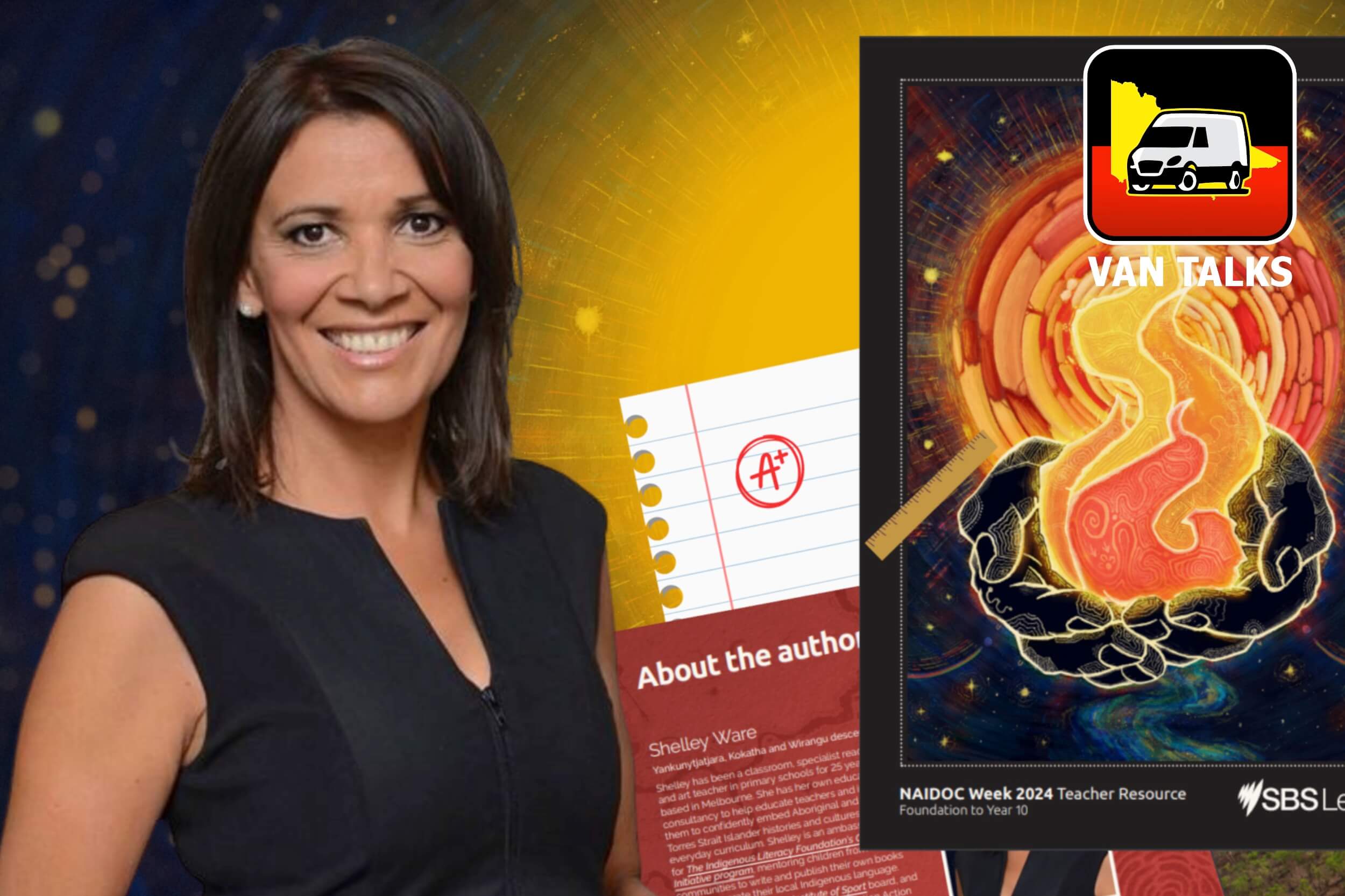
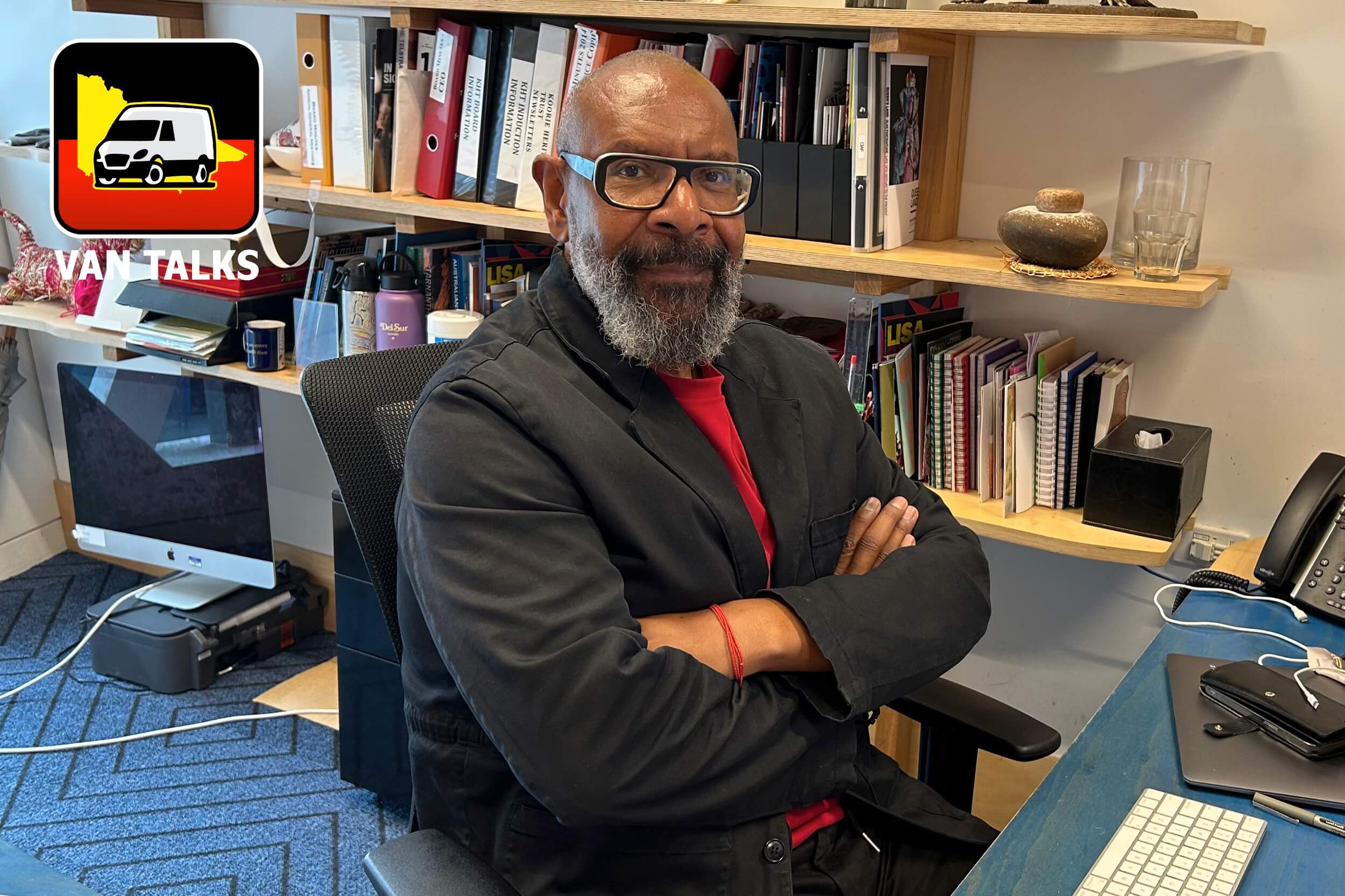
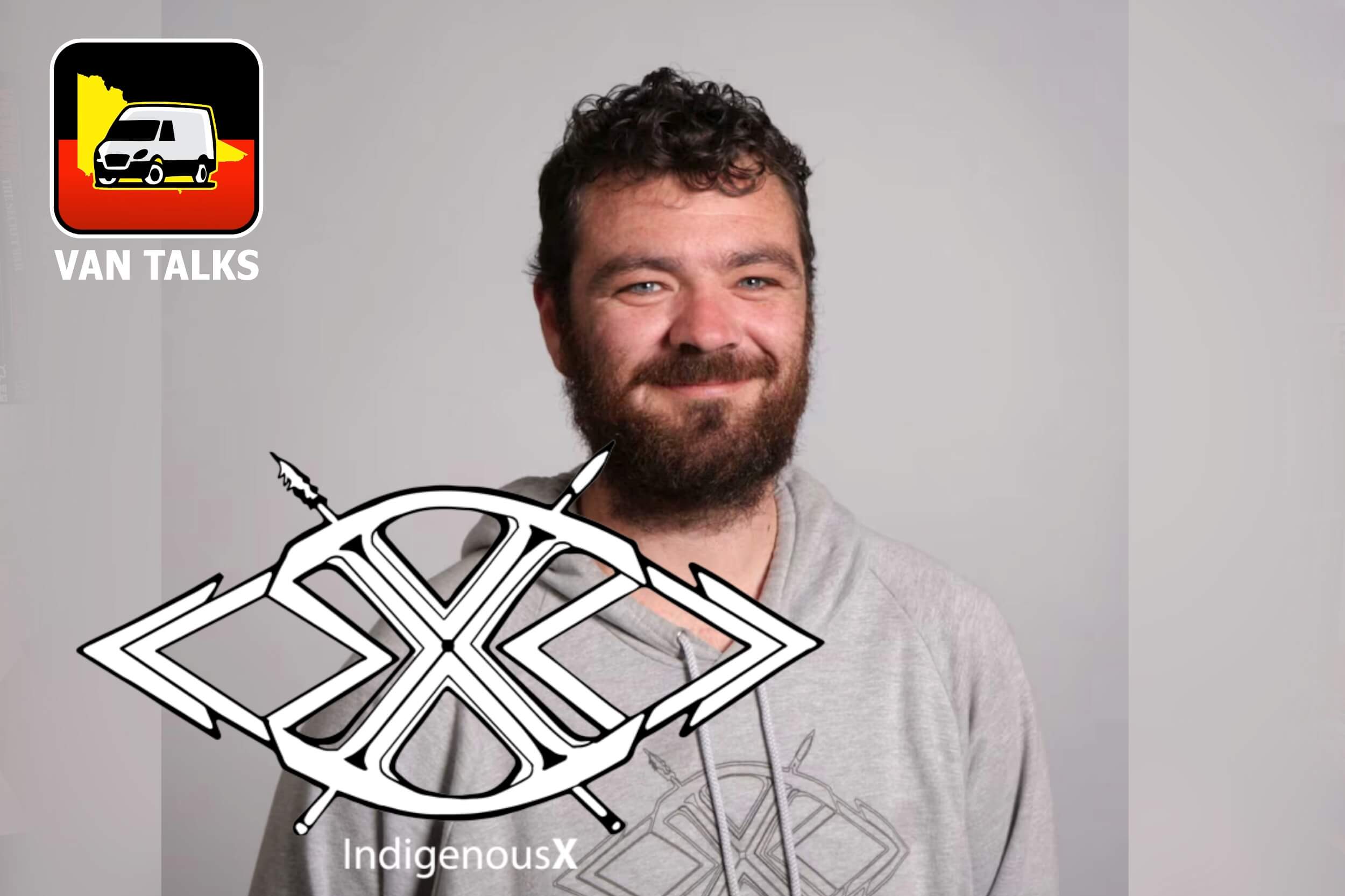
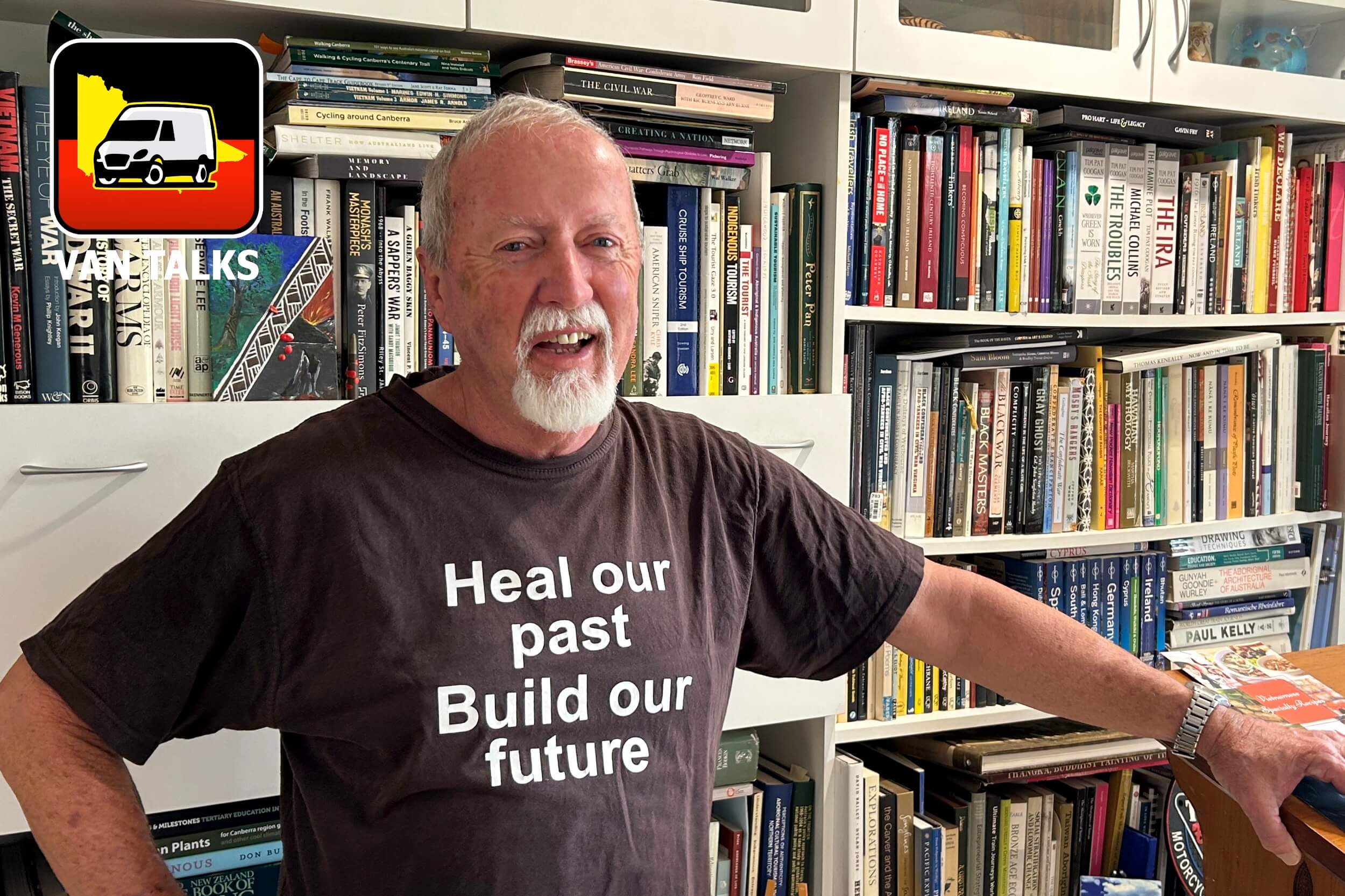
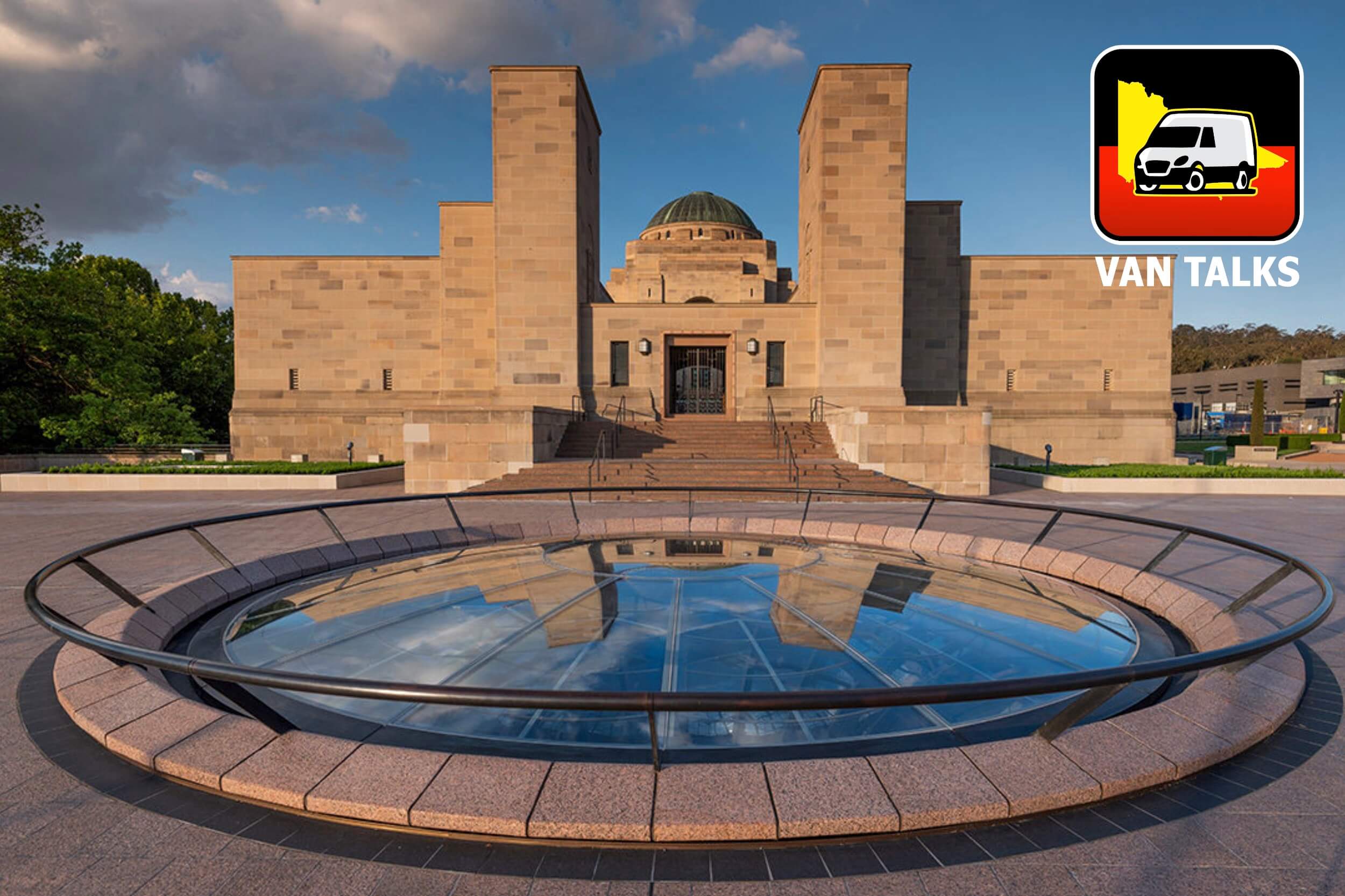

0 Comments